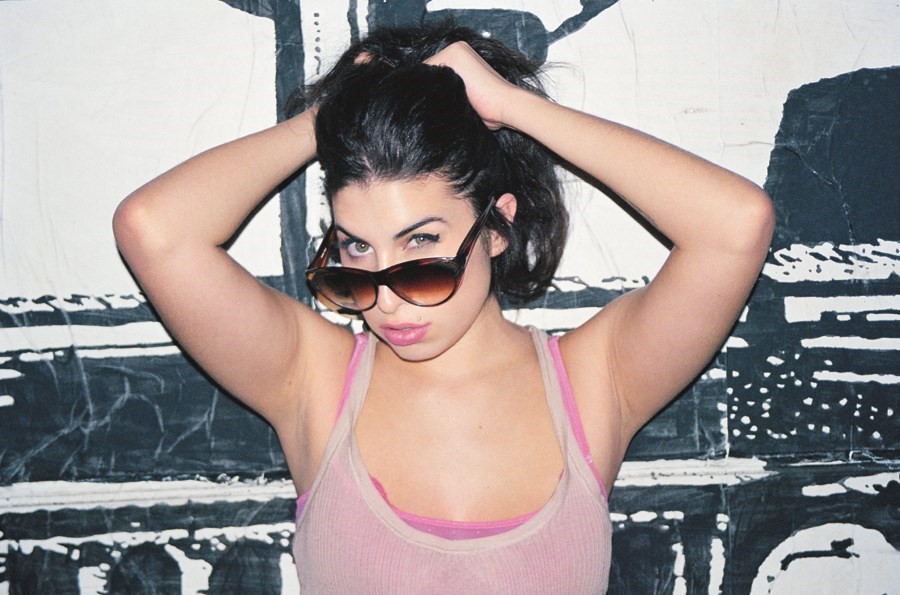Ten years on from her death in 2011, Amy Winehouse’s best friend and housemate of almost a decade, Tyler James, has reflected on the late icon, looking back on her struggles with mental health and addiction, and the constant pressure of global fame.
James originally met the singer when she was 12 and he was 13, at theatre school, and stayed with her through adulthood, sharing her Camden home in the final years of her life. The pair were also given record deals together, though it was Winehouse that unexpectedly achieved global fame, and he notes that in the end she “craved normality”.

On July 23, 2011, James arrived home — having walked out in an attempt to curb her drinking — to find an ambulance parked outside. In a new interview with the Times, he describes the scene outside as she was carried out in a body bag, saying: “It was like a film premiere out there.” Amy Winehouse was confirmed to have died aged 27 from alcohol poisoning, exacerbated by the long-term effects of bulimia.
“Amy was a girl in her twenties suffering from addiction, and everybody was a part of it. Everybody was watching it,” James says, though he emphasizes “how close she was to being healthy” and giving up alcohol prior to her death. He adds that she’d already kicked heroin and crack years before: “She never gets credit for that.”
He also discusses the pressure the media placed on the singer on a daily basis, following 2006’s Back to Black. “Amy went through a lot,” he says. “It was hard for her. It was a different time back then. If you were famous, you could be hounded. They didn’t care how that affected your mental health, or if it was making your addiction worse or sending you off your rocker.”
“I don’t think that would happen today,” he notes, also mentioning the harmful spotlight that was placed on other famous women of the era, such as Princess Diana and Britney Spears (whose treatment has been highlighted in several campaigns and documentaries over the last couple of years).
This month, James published a book on the pair’s time together, titled My Amy: The Life We Shared, which he was inspired to write after the trauma of her death came to a head around four years ago. “I woke up and I felt so angry and I was smashing things, crying,” he says. “It was a terrible day. But I started to write down all this stuff, just as notes in my phone. And the next day I felt better. And then I started to write more, and it was like letting it all out.”
“It was an incredibly cathartic experience for me… I thought, ‘I’m the nearest Amy has to anybody being able to hear her voice’.”
Previous efforts to document the icon have been met with a mixed response. 2015’s Amy, an acclaimed biopic directed by Asif Kapadia, drew criticism from her father, Mitch Winehouse, who distanced himself from the project after initially agreeing to take part.
Her father (who gets “a really bad rep”, says James) published his own account, titled Amy, My Daughter, in 2013, and announced a multi-million pound deal for a Hollywood biopic in 2018. The same year, another documentary on Winehouse, Back to Black, raised yet more questions about who gets to tell her story.
This July, meanwhile, the BBC will also celebrate Amy Winehouse’s life and legacy, airing Amy Winehouse: 10 Years On, a documentary that tells her story from the point of view of her mother, Janice Winehouse.

